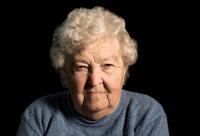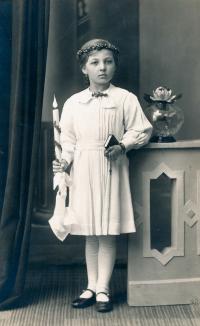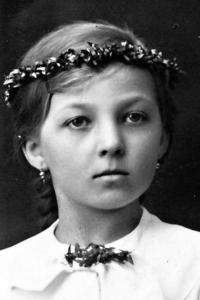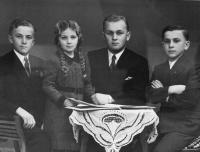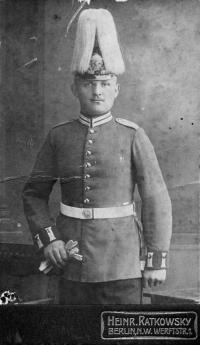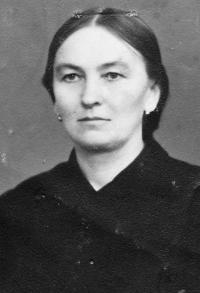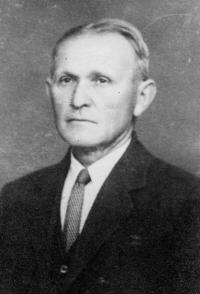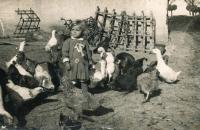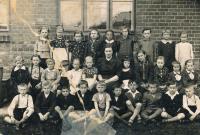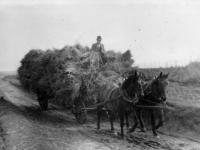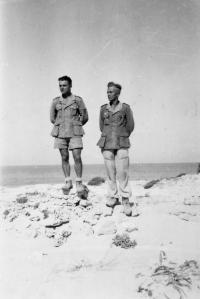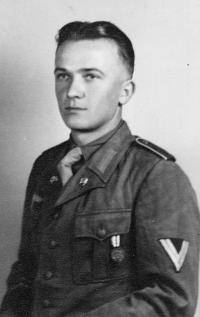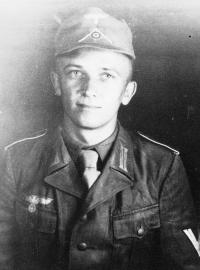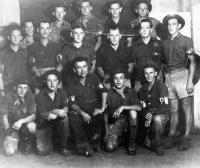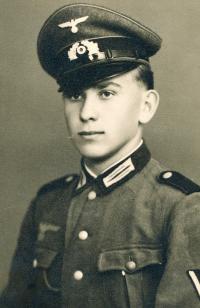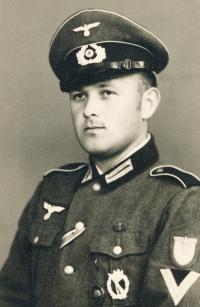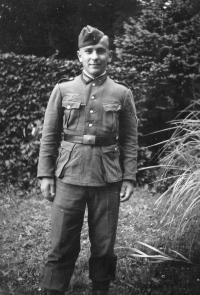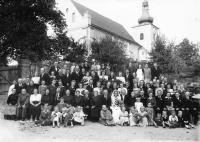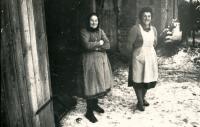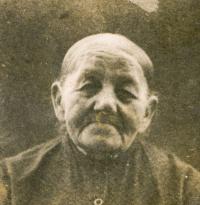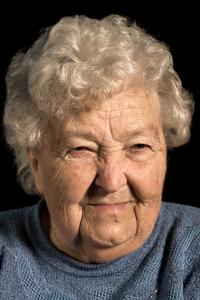The most important thing in life is home. My home is where I was born and I like all of it there.
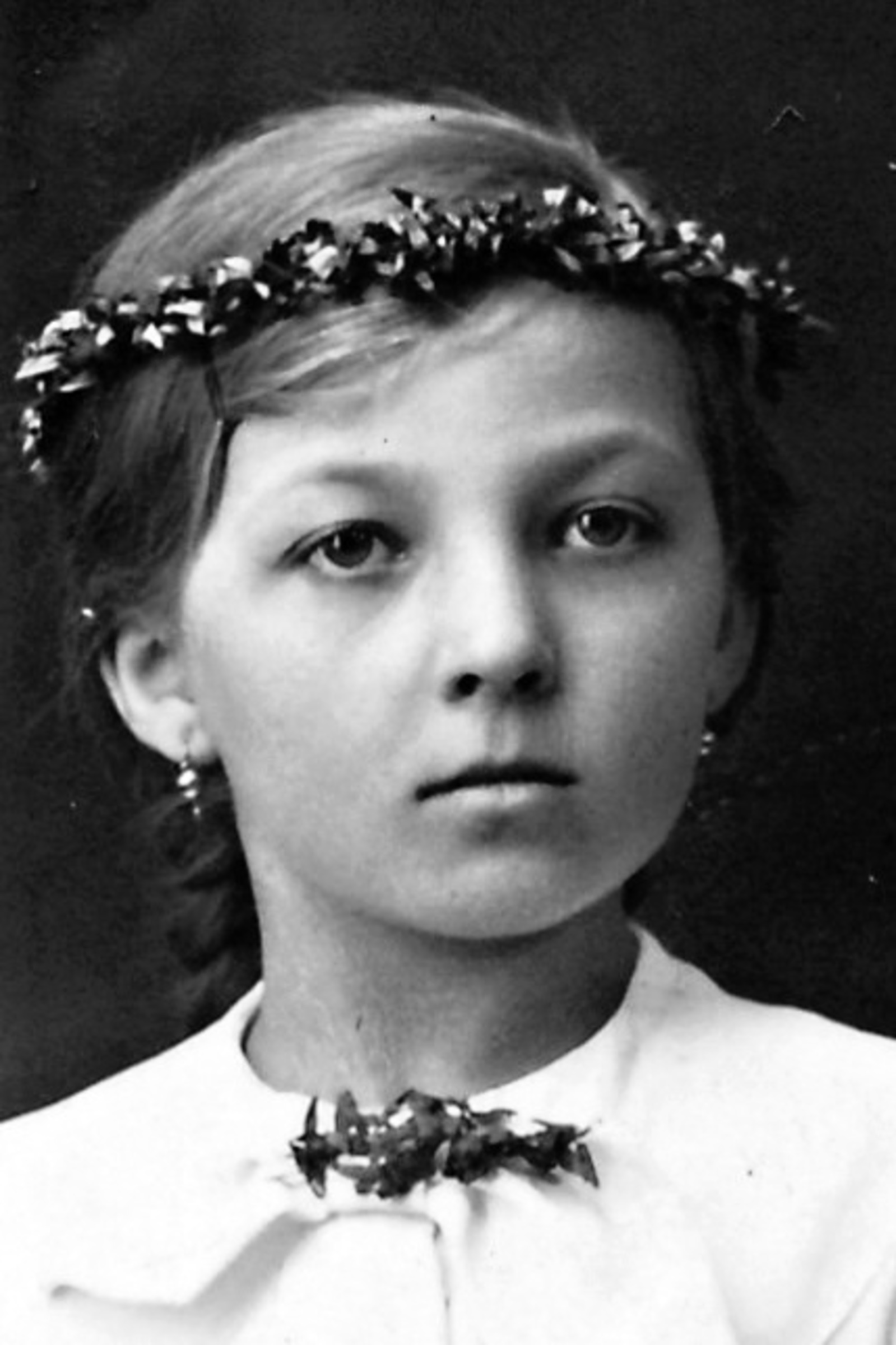
Download image
Ludgarda Plačková was born in 1929 as the youngest of four children to a farmer’s family in Hať in the Hlučín region. Her parents worked the land and bred cattle. In the late 1930s Ludgarda witnessed the construction of Czechoslovak borderline fortification with her brothers taking part in it. In September 1938 she saw Czechoslovak mobilization and the subsequent arrival of the German army to the Hlučín region. Along with all the other local inhabitants she was awarded German citizenship and began attending German school. All three of her brothers were drafted to the Wehrmacht. Alois, the youngest one, fell in 1943 in Belarus, the middle one Karel died as a consequence of an illness contracted at wartime three years after its end. In April 1945 Ludgarda Plačková witnessed heavy fighting during the Ostrava-Opava operation as well as the violent behavior of the Soviet soldiers towards civilians. Following liberation she wasn’t allowed to carry on with her grammar school studies and witnessed the persecution of some of the local people. In 1953 her father was sentenced for refusing to join a collective farm; her mother was deported to a state farm in central Bohemia. Up until retirement in 1985 Ludgarda Plačková worked as a cattle nurse.
